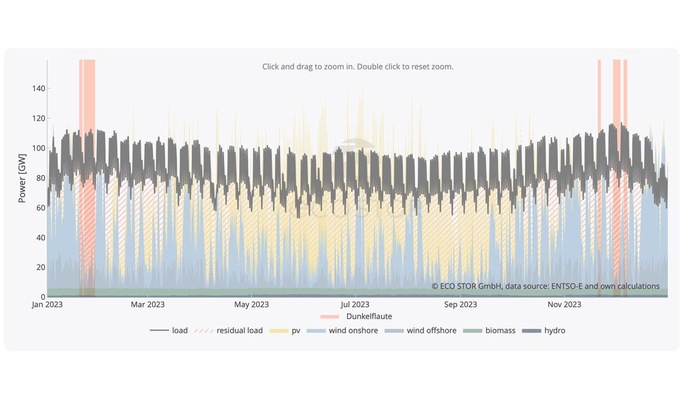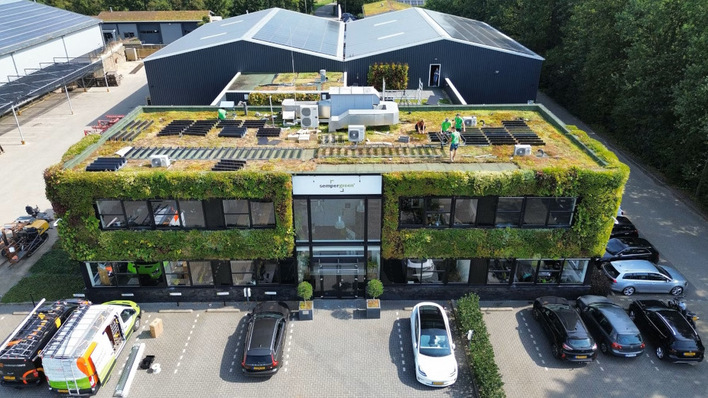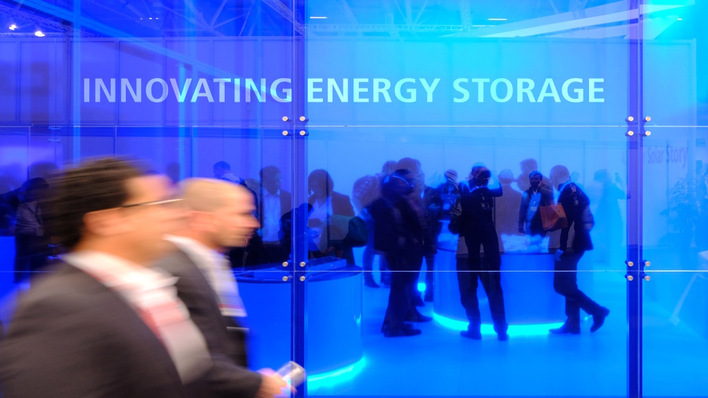Energy storage will play a key role in the transition to a cleaner, greener energy system based on renewable energy. Consequently, the global market for energy storage is expected to grow 55-65% per year for the next five years. Hence it is critical that energy storage systems operate safely. However, while the individual battery cells that make up such systems are typically individually certified as safe, there are big challenges in integrating them into a safe overall system – as evidenced by the number of large fires at grid-scale energy storage systems in the last two years.
What is the purpose of the Battery Safety Lab?
The new Battery Safety Lab is intended to stimulate the future safe development of battery systems. Located on the Twente Safety Campus (in the eastern part of the Netherlands), the new lab will carry out safety testing on complete battery systems for grid-connected storage and electric / hybrid ships. In addition to commercial and R&D testing and certification of systems entering the market, the lab will perform destructive testing to perform root cause analysis in finding out why and how battery systems fail. These data will contribute to the development of new standards to improve battery energy storage system safety. Safer products give emergency services time to get to incidents, enabling them to handle the incident reducing its effect on life, property and the environment. At the same time, it will help emergency services to develop new, improved protocols for dealing with fires and other incidents resulting from battery system failures as these protocols are simply not in place yet.
A great deal of uncertainty in the industry
“Safe battery systems are essential for a successful transition to a decarbonized energy future and for meeting global emissions targets. Energy storage is a key enabler for unlocking the potential of renewable energy. But from conversations with our customers, we see there is a great deal of uncertainty in the industry. The new Battery Safety Lab will combine our own track record in testing and certification with the first-hand expertise on fire safety of local fire departments and the Twente Safety Campus to create a unique resource for gathering the information needed and for validating potential commercial solutions. Together with our existing facilities for testing energy storage components, it will play a key role minimizing risk and enabling a safe market entry for energy storage systems,” said Prajeev Rasiah, Executive Vice President & Regional Manager Northern Europe of DNV’s business area Energy Systems.
When will the Battery Safety Lab get started?
Construction of the new laboratory will commence in Q3 2021 with the first tests expected to start in Q2 2022. The lab will offer design evaluation, fire propagation and fire suppression testing to validate manufacturers claims, as well as certification against the IEC standard released in 2020. In addition, the lab will offer power failure investigations to determine the root causes of battery system failures in the field. (mfo)
Also interesting: Netherlands: Installers offer more e-mobility solutions







